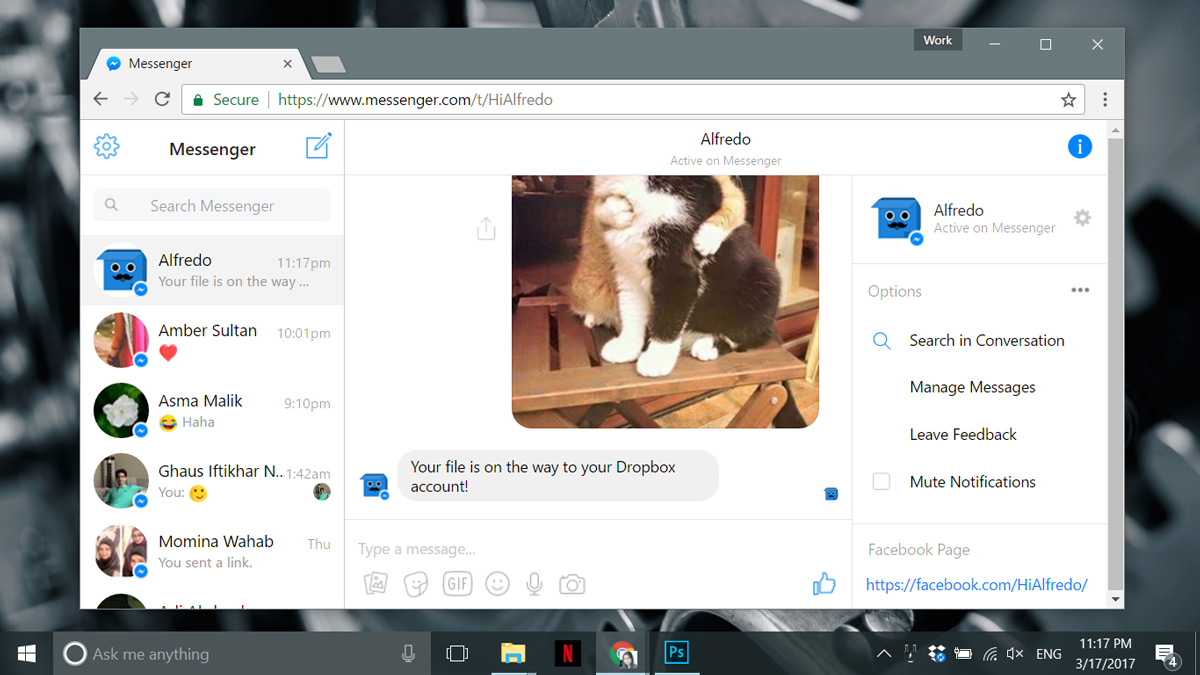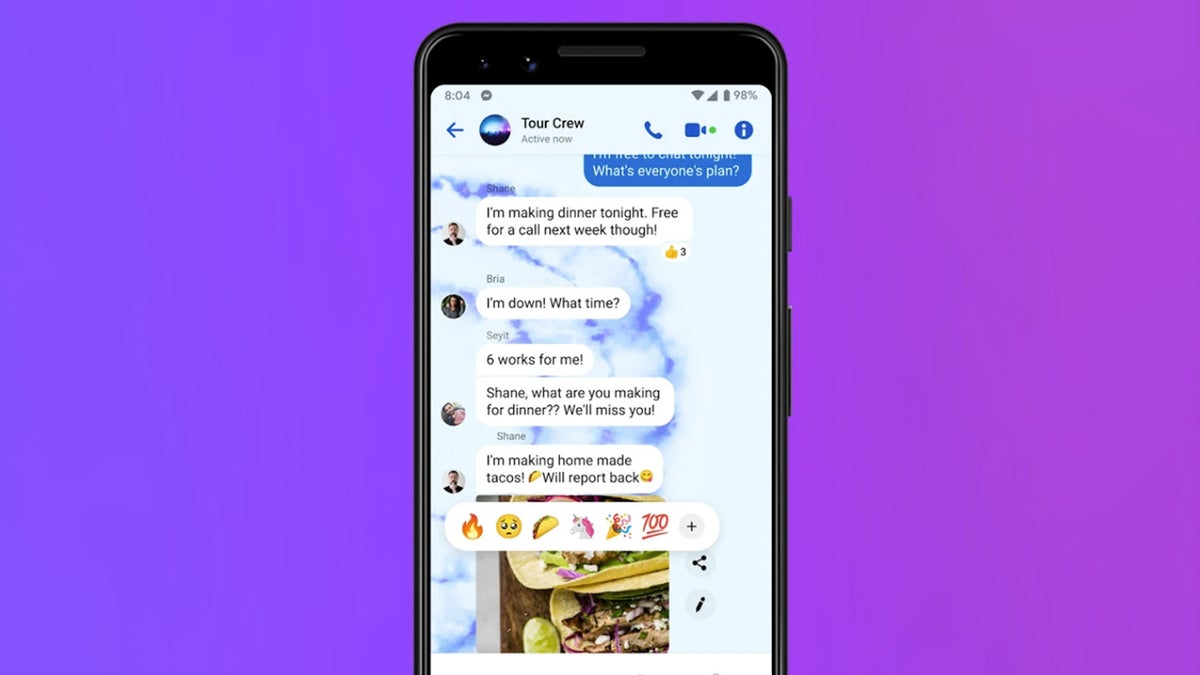

Note: As always, before making changes to your registry you should always make sure you have a valid backup. On older versions of Messenger one could an excellent tweaking tool called A-Patch, however, the current version of A-Patch for the existing Windows Live Messenger version does NOT allow for the MP3 blocking removal.Īfter browsing and looking for an answer for hours I came up with this method:

However, the moment you press on the OK button, the file is toast! On the other hand, unless you press on the OK button you will not be able to access the chat window and thus cannot continue using Messenger.

You can still access it, copy it or even play it. Name: blahblah.MP3Īs long as you DO NOT click on the OK button you can still see that the “potentially harmful” MP3 file is still in the “My Received Files” folder. To help protect your computer, Windows has blocked access to this file. Windows found that this file is potentially harmful. A pop-up Windows Security Warning appeared, telling me that: Next, I double-clicked on the link inside the chat window. You can see that the file is placed in the “My Received Files” folder. I accepted the file transfer and received the file: In order to demonstrate this I asked a friend (thanks Iris) to transfer an MP3 file to me. We all (should) know what MP3 files are, and finding that Messenger blocks such files whereas it does NOT block other audio extensions is pretty annoying. wshĪll this is fine and nice, we need someone to protect us, don’t we? However, as I soon found out, Messenger also blocks files with the. Therefore, whenever you try to send or receive a file that has the file extension from the following list, Messenger assumes is potentially unsafe file and thus banned.īy default, Messenger blocks files that have the following file extensions: We repeatedly got one question that surprised us: “Why would I ever trust a third party with control of my network? Research has found that the average business user must manually type out, or copy/paste, the credentials to 154 websites per month. Shockingly, they are among the most common passwords that end users choose in 2021.

No, these are not exercises for people who are brand new to typing.


 0 kommentar(er)
0 kommentar(er)
